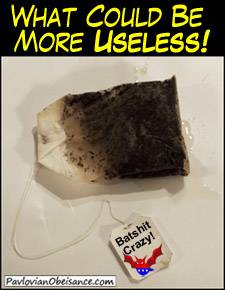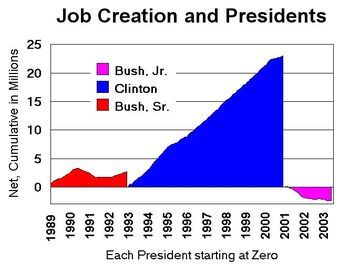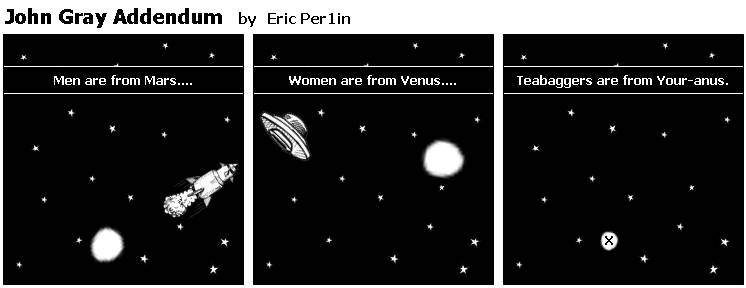New Scientist
20 May 2009 by David Shiga
HAVE Mars landers been destroying signs of life? Instead of identifying chemicals that could point to life, NASA's robot explorers may have been toasting them by mistake.
In 1976, many people's hopes of finding life on Mars collapsed when the twin Viking landers failed to detect even minute quantities of organic compounds - the complex, carbon-containing molecules that are central to life as we know it. "It contributed, in my opinion, to the fact that there were no additional [US lander] missions to Mars for 20 years," says Jeff Moore of NASA's Ames Research Center in Moffett Field, California.
The result also created a puzzle. Even if Mars has never had life, comets and asteroids that have struck the planet should have scattered at least some organic molecules - though not produced by life - over its surface.
Some have suggested that organics were cleansed from the surface by naturally occurring, highly reactive chemicals such as hydrogen peroxide. Then last year, NASA's Phoenix lander, which also failed to detect organics on Mars, stumbled on something in the Martian soil that may have, in effect, been hiding the organics: a class of chemicals called perchlorates.
At low temperatures, perchlorates are relatively harmless. But when heated to hundreds of degrees Celsius they release a lot of oxygen, which tends to cause any nearby combustible material to burn. For that very reason, perchlorates are used in rocket propulsion.
The Phoenix and Viking landers looked for organic molecules by heating soil samples to similarly high temperatures to evaporate them and analyse them in gas form. When Douglas Ming of NASA's Johnson Space Center in Houston, Texas, and colleagues tried heating organics and perchlorates like this on Earth, the resulting combustion left no trace of organics behind. Ming's team presented their results at the recent Lunar and Planetary Science Conference in Houston.
Con't
"Hello to our friends and fans in domestic surveillance."
Subscribe to:
Post Comments (Atom)

 .
.








 May love and laughter light your days,
and warm your heart and home.
May good and faithful friends be yours,
wherever you may roam.
May peace and plenty bless your world
with joy that long endures.
May all life's passing seasons
bring the best to you and yours !
*******
Thanks Pbtrue1. :)
May love and laughter light your days,
and warm your heart and home.
May good and faithful friends be yours,
wherever you may roam.
May peace and plenty bless your world
with joy that long endures.
May all life's passing seasons
bring the best to you and yours !
*******
Thanks Pbtrue1. :)

















































 .
"Hello to our friends and fans in domestic surveillance."
.
"Hello to our friends and fans in domestic surveillance."































 *Hee Hee*
Submitted by Alice on Sun, 08/05/2007 - 4:02am.
MM.. :)
*Hee Hee*
Submitted by Alice on Sun, 08/05/2007 - 4:02am.
MM.. :)
 I'm Eighteen (Album Version)
I'm Eighteen (Album Version)
No comments:
Post a Comment